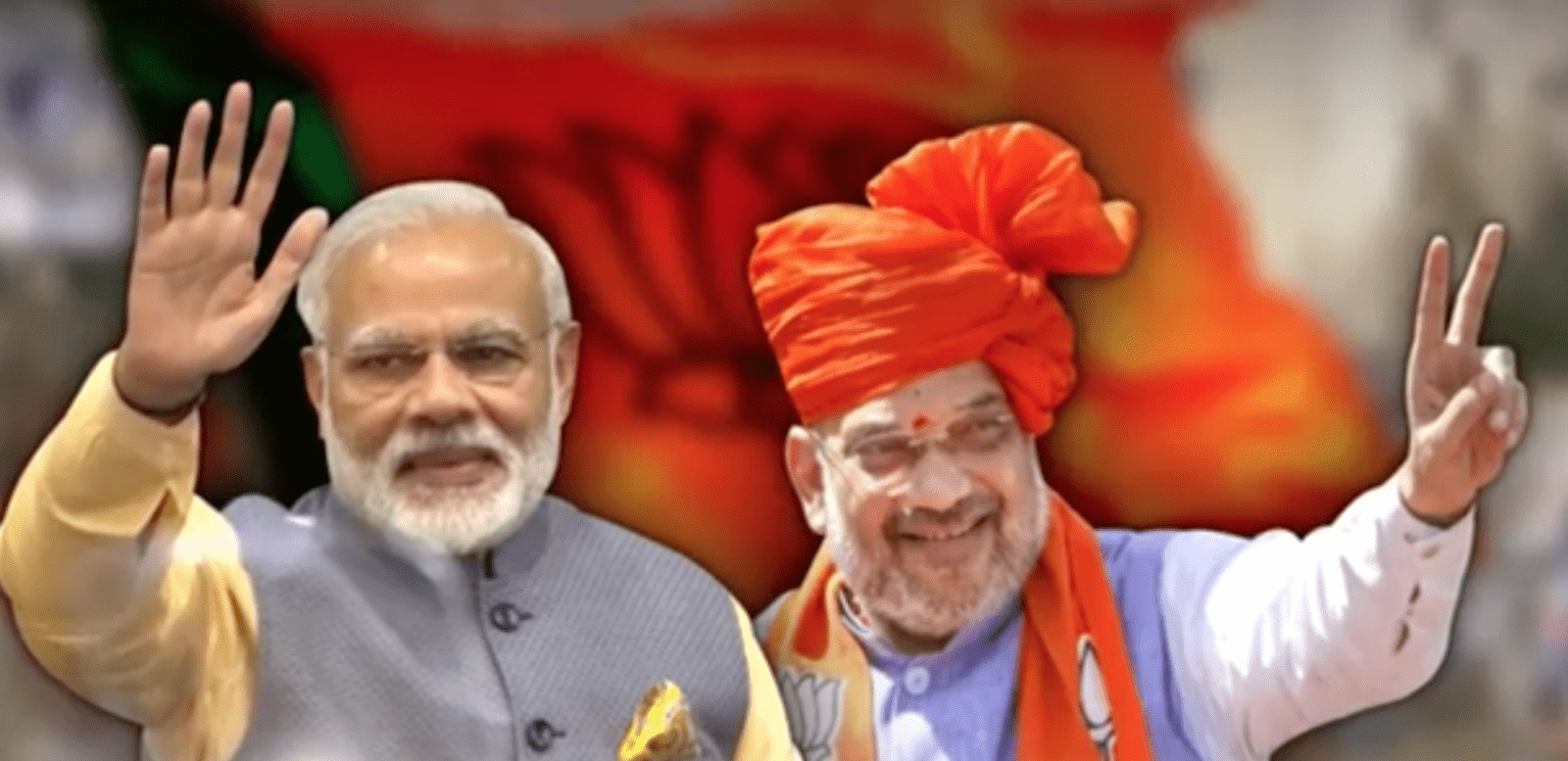 In the nineteenth and early twentieth century, a nationalist deal looked very attractive even though nationalism was leading to horrendous conflicts on an unprecedented scale. However, everything changed in 1945, with the unfortunate event of Hiroshima and Nagasaki. The intervention of nuclear weapons sharply tilted the balance of the nationalist deal. People no longer feared that nationalism would lead to mere war, they began fearing that it would lead to nuclear war. With these events, the nationalist genie was squeezed at least halfway back into its bottle.
In the nineteenth and early twentieth century, a nationalist deal looked very attractive even though nationalism was leading to horrendous conflicts on an unprecedented scale. However, everything changed in 1945, with the unfortunate event of Hiroshima and Nagasaki. The intervention of nuclear weapons sharply tilted the balance of the nationalist deal. People no longer feared that nationalism would lead to mere war, they began fearing that it would lead to nuclear war. With these events, the nationalist genie was squeezed at least halfway back into its bottle.
Later, with the end of the cold war, neoliberalism seemed to be the irresistible wave of future. However, the biased approach of the international community and their inability to punish mischief-makers, compelled states to stop expecting results from international entities. For instance, the first genocide of the 21st century, the Darfur genocide in Sudan, has caused the deaths of approximately 400,000 Darfuris, and displaced more than three million people. The United Nations took several years to collect enough evidence to prove that the president of Sudan was involved in these crimes against humanity.
For many decades, in a world drugged with hyper- capitalism, politics has been majorly driven by economic interests. The stronger the nation becomes economically, the more rogue behavior it exhibits – that has become the brutal truth. In the race of promoting and pursuing a states’ national interest, the problem started when benign patriotism morphed into chauvinistic ultra-nationalism. People were encouraged to fanatically become loyal to their own group and hostile towards the other which, on the other hand, fueled xenophobia.
One must consider that loyalty towards a group is not imprinted in human genes but developed through socially constructed attitudes, which are sometimes driven by exploiting religious sentiments and most of the time politicized. Once again the phenomenon of ultra-nationalism is trumpeted openly. People are in favor of putting in power the most extreme and most outrageous of the right-wing ultra-nationalists’, who are now plaguing the hemisphere.
As truly depicted in Mark Twain’s famous phrase ‘History does not repeat but sometimes rhymes’. Hitler’s political autobiography “Mein Kampf,” sometimes referred to as the bible of the Nazi Party, professed the superiority of the Aryan race, Hitler’s plan for Aryan world rule, and a narrative that the Jews were destroyers of the world. This phenomenon propelled the concept established in the so called bible of RSS written by M.S. Golwalkar, in which he supported the Nazi standpoint and its treatment of Jews. BJP stands out in inculcating the same approach into its politics. The concept of Great India unified under Hindutva and the stewardship of Modi, would lead to greatness portrayed in Mahabarta – This complemented the mushrooming of saffron-clad vigilantes.
On top of that, the BJP government and right-wing organizations have created a religious and caste-based tension upon any prevailing opportunity and the victims are mainly Muslims, Dalits, and other minorities. The standard set of becoming a true Hindu in India under BJP, is to prove bigotry and hatred towards minority groups, especially Muslims or to demonize them.
The hype was created by establishing resentment towards Muslims. Modi has played the politics of historical revenge, which ultimately generates a fear of Muslim domination over Hindu populace. Muslims are growing in numbers immensely. For instance, in Uttar Pradesh alone, there are 44 million Muslims, which is the combined population of the Kingdom of Saudi Arabia, Qatar and UAE. Muslims living in various parts of India are facing communal violence organized and supported by state government.
Referring a historical context, the exacerbation of Hindu-Muslim animus was one lasting effect of British imperial policy that employed a “divide et impera” (divide and rule) strategy to incite religious conflict to aid continued imperial rule. The same is applied by the BJP government to rule, as it has failed to uplift the quality of life for Indians, intensification of poverty prevails, rural to urban migration influx as well as failure to provide a stable atmosphere for the economic growth of the country.
At the start of World War I, the city that was known as St Petersburg in imperial Russia, was renamed Petrograd in 1914, because authorities thought its original name sounded too German. The same has been done under the BJP government. In August 2018, India’s Hindu nationalist BJP government renamed the historic Mughalsarai junction railway station in the state of Uttar Pradesh after the right-wing Hindu ideologue Deen Dayal Upadhyaya, most likely because the existing name referred to the Indian Muslim Mughal dynasty.
According to the Global Impunity Index, India was ranked second last out of 69 countries, in 2017. Mob lynching and mob rule has become new norm under Modi’s government. Taking the incident of the Dadri lynching, the accused was seen, sitting in the front seat with Yogi Aditynath at a rally. According to the Human Development Index, India has remained in its lowest slots, and the reason behind that is the growing gender inequality.
Saffronisation of public places and educational curriculum is the last nail in the coffin, for the identity of minorities. The syllabi of history was distorted by the central government in India. Historical events and even results regarding military campaigns have been changed. A report in India Today stated that the education board of Rajasthan rewrote history by changing the results of the battle of “Haldighati” (in favor of a defeated Hindu ruler).
These indicators are sufficient to portray the repulsive face of secular India. By 2024, BJP would complete a decade of its rule. Although it is premature to conclude, but it is evident that India will become anything but secular, endangering the notion of ‘shared value’ similarity, on which it is entertained by the western world. The question which needs to be asked is, does ultra- nationalism offer real solutions to the unprecedented problems within and outside India? Once the threshold is crossed, in a world filled with ultra-nationalists, would there remain a demand for a supra-nationalist league?
![]()




Be the first to comment